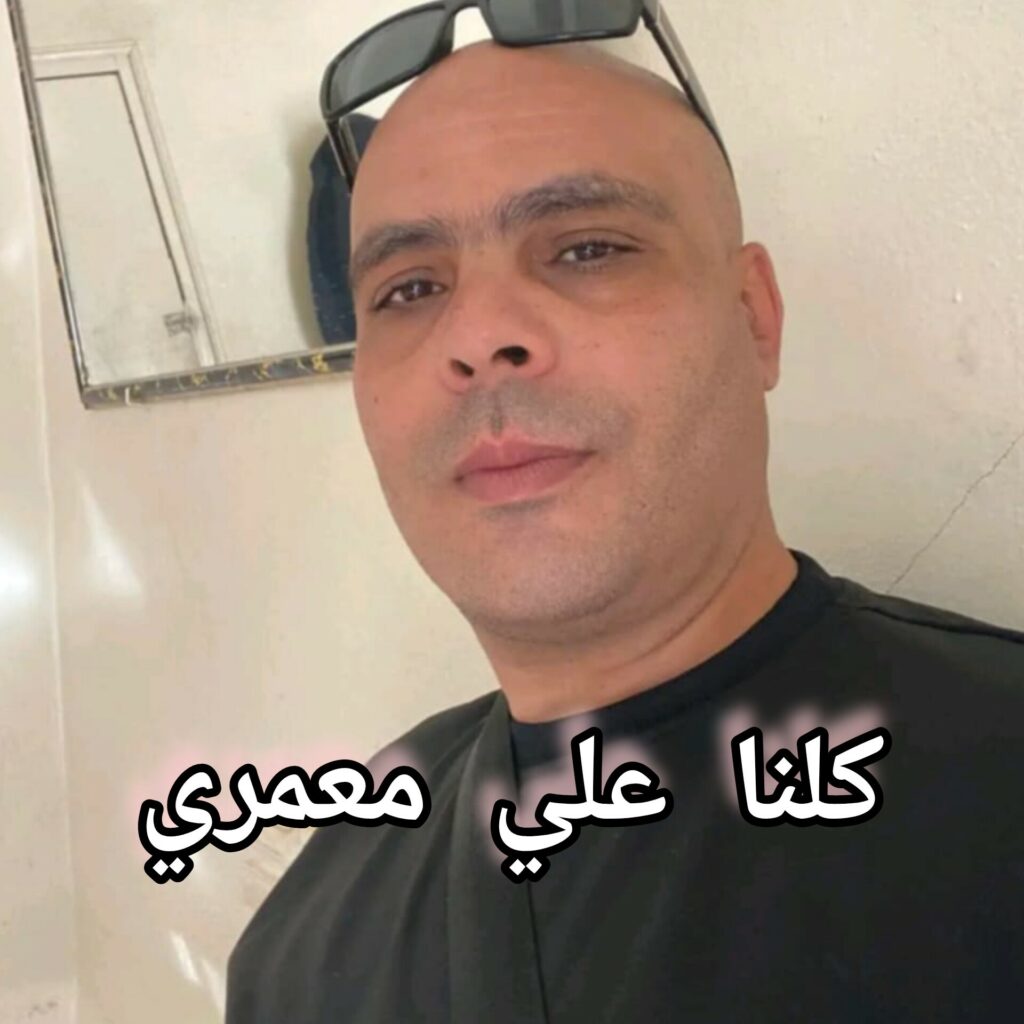🗓️ Published on: 06/12/2025
On June 12, 2025, the investigative judge at the Oum El Bouaghi Court summoned union activist Ali Maamri for a second interrogation concerning his union-related and human rights activities. The questioning focused specifically on his earlier attempt to establish an independent trade union committee and an association dedicated to supporting human rights defenders and activists involved in the Hirak popular movement.
Background of the Case
Ali Maamri, born in 1985 and father of two daughters, works in the cultural sector. He currently serves as President of the National Union of Cultural Employees and is a member of the National Council of the Confederation of Trade Unions for Productive Forces (COSYFOP). Known for his outspoken opposition and active role in Algeria's Hirak movement, Maamri has emerged as a leading figure advocating for union pluralism and the right to establish independent associations since 2019.
His Arrest and the Context
On March 19, 2025, Ali Maamri was secretly arrested in Oum El Bouaghi and held incommunicado until March 23, without any official notification to his family. In response, the Confederation of Trade Unions for Productive Forces (COSYFOP) alerted the UN Working Group on Enforced or Involuntary Disappearances. Maamri later testified that he had been subjected to physical and psychological torture during his detention.
The investigative judge at the Oum El Bouaghi Court brought serious charges against Ali Maamri, despite the fact that his civic and union activities are protected under international conventions ratified by Algeria. Among the accusations are: publishing online content said to undermine public order, inciting and financing terrorism and sabotage, and distributing materials alleged to glorify acts of terrorism. Based on these charges, Maamri was placed in pre-trial detention on March 27, 2025.
Renewed Investigation: Between Trade Union Freedoms, International Standards, and Terrorism Charges
Today, Ali Maamri appeared before the investigative judge for a second time, following a formal challenge to the police reports drafted by officers from the General Directorate of Internal Security. The renewed investigation now focuses on verifying the claims made in the security services' report and determining whether Maamri’s activities truly fall under the legal definitions of terrorism and sabotage, as asserted by the authorities.
International Reactions
In April, the International Labour Organization (ILO) officially contacted the Algerian government, requesting urgent clarification regarding Ali Maamri’s situation and the alleged violations he has suffered. As of now, the government has yet to respond, further increasing international diplomatic pressure from global institutions.
In the same context, she denounced human rights organizations The arrest, considered a systematic means of suppressing trade union freedoms, was condemned and the Commission demanded his immediate release. Meanwhile, the Office of the High Commissioner for Human Rights is closely monitoring this case and is expected to issue its observations on it soon.
Lawyers and international human rights organizations described the situation as "arbitrary repression" and stressed the need for Mammeri's immediate release and a fair trial.
Broader Context
Since 2024, Algeria’s trade union landscape has witnessed a sharp escalation in tensions between calls for reform and the authorities’ efforts to maintain control. The government’s growing fear of the influence of independent unions has led to increased judicial pressure, with terrorism-related charges frequently used against unionists and activists—despite the peaceful nature of their human rights work.
Pending the results of the investigation
Ali Mammeri's appearance today before the investigating judge in Oum El Bouaghi marks a significant turning point in his case, which has been ongoing since March 2025. This case goes beyond Mammeri himself; it clearly reflects the authorities' attempts to curtail any independent movement in the labor and human rights fields.
The central question remains: Will Algerian authorities allow independent trade union activity and human rights advocacy to exist without repression? The coming days will be crucial in answering that.

📬 Did you like this article? Subscribe to our newsletter to receive the latest news and important information directly to your inbox.